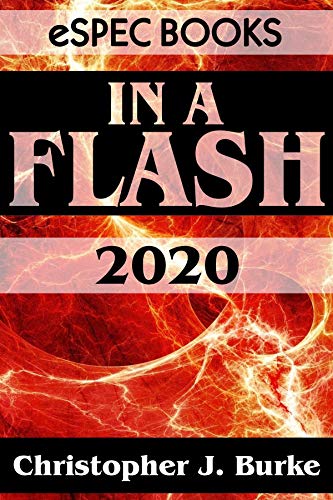My apologies for typos, particularly if they are in the questions, because then the answers are subject to change.
The answers to Part II can be found here.
32. Triangle ABC has vertices A(-5, 2), B(-4, 7), and C(-2, 7), and triangle DEF has vertices at D(3, 2), E(2, 7), and F(0, 7). Graph and label triangle ABC and triangle DEF on the set of axes below.
Determine and state the single transformation where triangle DEF is the image of triangle ABC
Use your transformation to explain why triangle ABC = triangle DEF. (image will be uploaded soon)
You have to find the reflection line, which will be the vertical line halfway between points C and F, which occurs at x = -1.
Because a reflection is a rigid motion (which preserves distance and shape), DEF is congruent to ABC.
33. Given: RS and TV bisect each other at point X
Here’s the approach you need to take: If the lines are parallel, then the alternate interior angles along the transversals will be congruent. You can show that they are congruent by proving that the two triangles are congruent. SAS looks like the easiest approach.
34. A gas stations has a cylindrical fueling tank that hold the gasoline for its pumps, as modeled below. The tank holds a maximum of 20,000 gallons of gasoline and has a height of 34.5 feet.
(image omitted)
Before you start, what are you looking for? The height of the stick, with is the diameter plus 1 foot. When you use the Volume formula, you will get the radius. So you need to find the radius, then double it and add 1, and then round it to the nearest tenth of a foot. Do not round to the nearest tenth in the middle of the problem. You don’t need to carry as many decimal places as I’m showing. However, I left the numbers in the calculator, so I’m showing exactly what I did. There may be minor differences in your numbers if you round that won’t affect the final answer.
First, convert gallons to cubic feet: 20,000 / 7.48 = 2673.79679
End of Part III
How did you do?
June 2017, Geometry (Common Core), Part III
If you graph the two triangles, you will see that one is the reflection of the other. (Mirror images.) However, they are NOT reflected over the y-axis. To reflect over the y-axis, you would have to translate it first. But they want a single move.
So the transformation is rx = -1.
TR and SV are drawn (image omitted)
Prove: TR || SV
Statement Reason 1. RS and TV bisect each other at point X
Given
2. RX = XS and TX = XV
Definition of bisect
3. <TXR = <VXS
Vertical Angles are congruent
4. Triangle TXR = Triangle VXS
SAS
5. <T = <V
CPCTC
(Corresponding Parts of Congruent Triangles are Congruent)
6. TR || SV
If two lines are crossed by a transversal and the alternate interior angles are congruent, then the lines are parallel.
A metal pole is used to measure how much gas is in the tank. To the nearest tenth of a foot, how long does the pole need to be in order to reach the bottom of the tank and still extend one foot outside the tank? Justify your answer. [I ft3 = 7.48 gallons]
V = (pi) (r2)(h)
2673.79679 = (pi) (r2)(34.5)
r2 = 2673.79679 / (34.5 * pi)
r2 = 24.66944789
r = 4.96683
d = 9.93366
The stick is 10.9 feet long.
Comments, questions, corrections and concerns are all welcome.
Typos happen.

















No comments:
Post a Comment